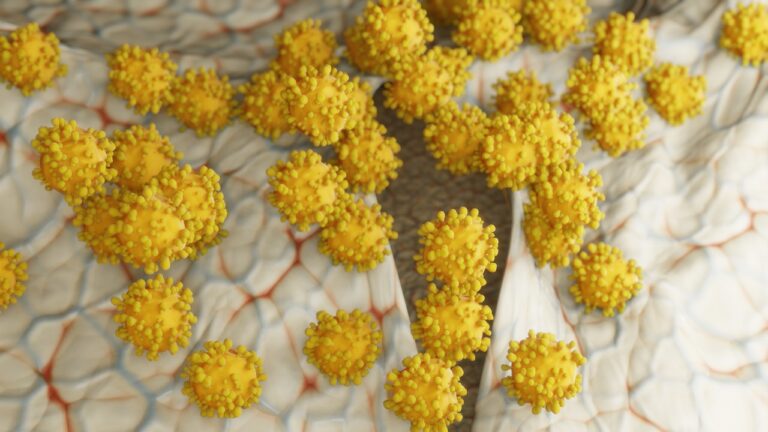The Role of Hormones in Health and Disease
Hormones are chemical messengers produced by the endocrine glands in the body. They play a vital role in regulating various bodily functions such as metabolism, growth, and reproduction. Hormones are released into the bloodstream and travel to target organs where they bind to specific receptors, triggering a response.
Each hormone has a specific function and target organ. For instance, insulin, produced by the pancreas, helps regulate blood sugar levels by promoting the uptake of glucose by cells. Similarly, thyroid hormones, produced by the thyroid gland, control metabolism and energy levels in the body. The intricate balance of hormones in the body is crucial for maintaining homeostasis and overall health.
The Endocrine System: A crucial player in hormone regulation
The endocrine system consists of various glands located throughout the body, such as the pituitary gland, thyroid gland, and adrenal glands. These glands produce hormones that act as chemical messengers, regulating numerous bodily functions like metabolism, growth, and reproduction. Hormones are released into the bloodstream and travel to target tissues where they exert their effects by binding to specific receptors on cells.
Regulation of hormone levels is tightly controlled by feedback mechanisms to maintain balance within the body. For example, if blood sugar levels are too high, the pancreas releases insulin to lower it back to normal levels. Conversely, if blood pressure drops, the adrenal glands release hormones like adrenaline to raise it. This intricate communication system ensures that essential processes are orchestrated harmoniously, demonstrating the crucial role of the endocrine system in maintaining overall health and homeostasis.
What are hormones?
Hormones are chemical messengers in the body that are produced by various glands and help regulate many bodily functions.
How do hormones work?
Hormones are released into the bloodstream and travel to target tissues or organs where they bind to specific receptors, triggering a response.
What is the endocrine system?
The endocrine system is a network of glands that produce and release hormones to help regulate various bodily functions such as metabolism, growth, and reproduction.
How does the endocrine system regulate hormone levels?
The endocrine system uses feedback mechanisms to maintain the balance of hormone levels in the body. When hormone levels are too high or too low, the system adjusts production accordingly.
What happens if the endocrine system is not functioning properly?
If the endocrine system is not functioning properly, it can lead to hormonal imbalances or disorders such as diabetes, thyroid problems, or adrenal insufficiency.
How can I support my endocrine system?
You can support your endocrine system by maintaining a healthy lifestyle, including regular exercise, a balanced diet, and managing stress levels. It is also important to visit your healthcare provider regularly for check-ups and screenings.





